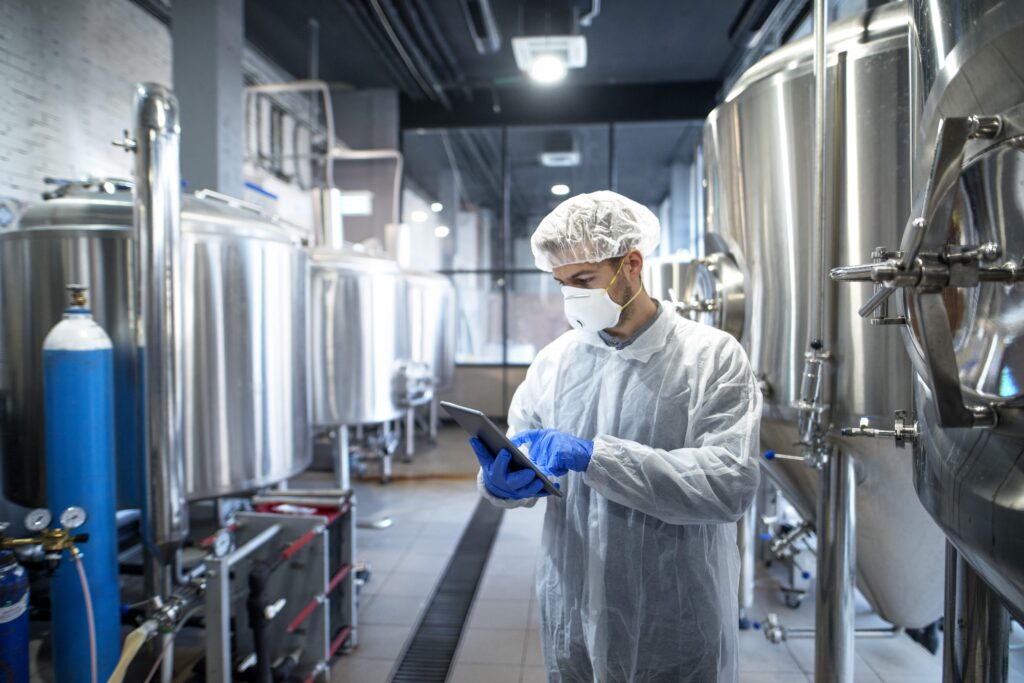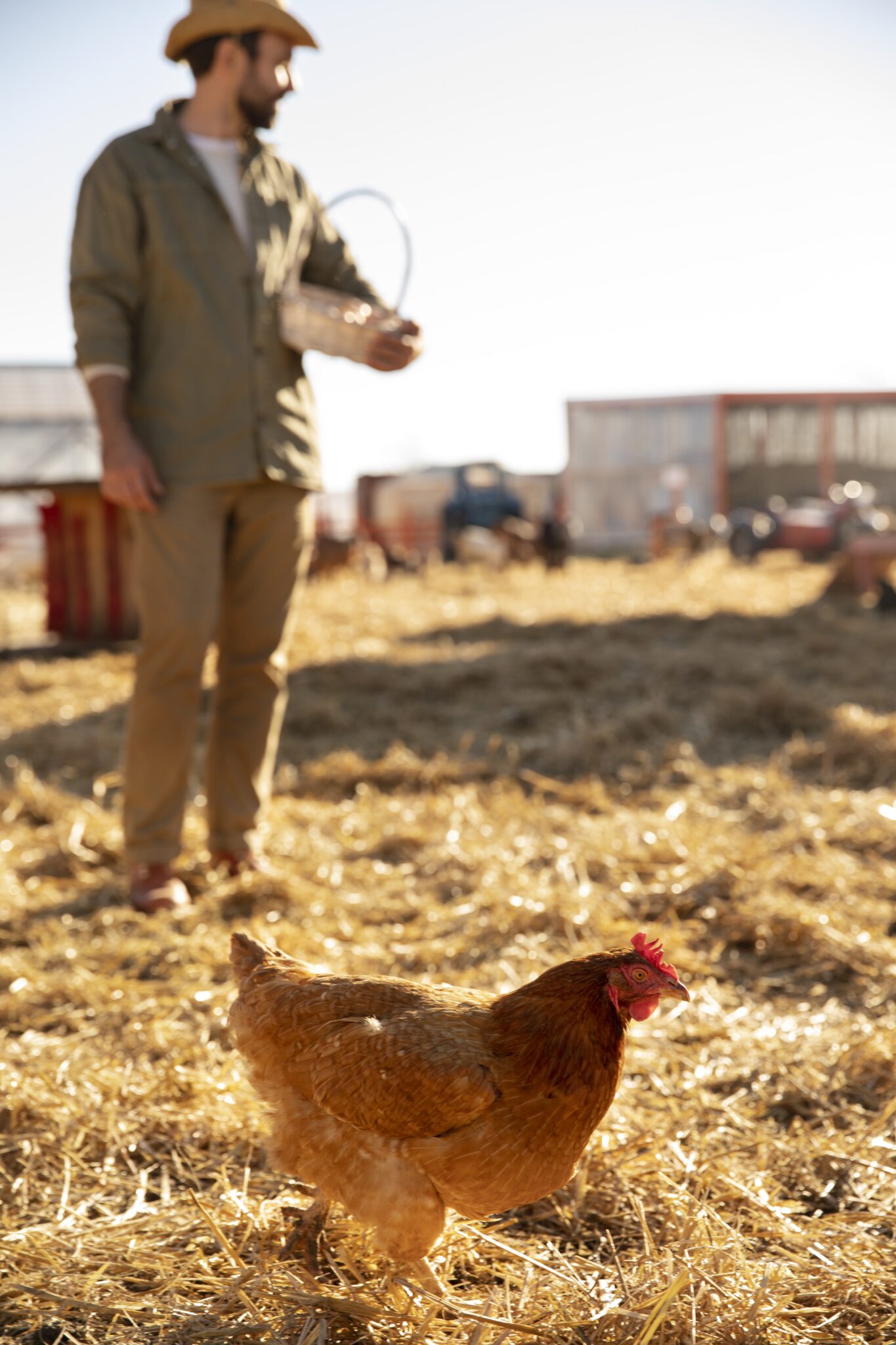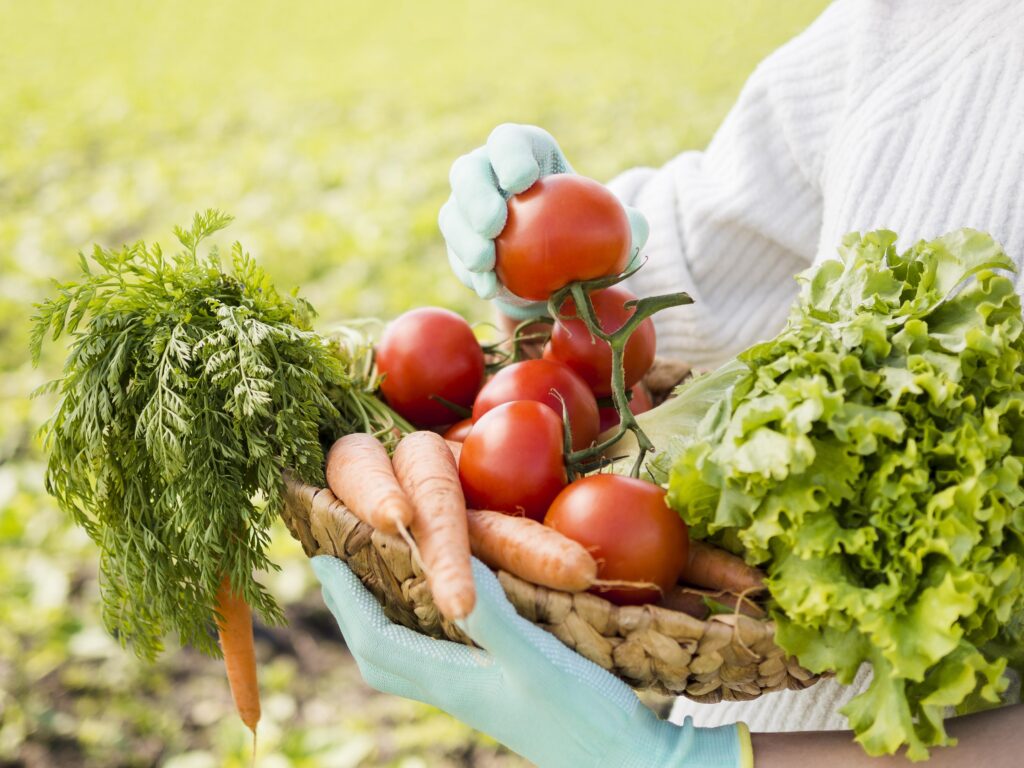Case Studies
WASTELESS has tested five tools and methodologies developed in five cases across the food supply chain covering, covering all actors, stakeholders and consumers involved.

- Food industries: Food waste measurement tools were tested in real environments of different industrial food processing companies. Initial research conducted by WASTELESS identified the poor efficiency of production process technology and equipment as key causes of food waste. Case study leader: CNTA
| Tool | Country | Field/sector | Feedback |
|---|---|---|---|
| WASTELESS Blockchain (developed by: WIISE) | Portugal, Italy | fruit and vegetable; olive oil and pasta; fruit products; meat; potato |
|

- Food retailers: Food waste measurement tools were tested in both local and supermarkets. The tools were designed to check critical food waste drivers such as storage conditions, damaged products and lack of clear knowledge on expiration date.
Case study leader: WIISE
| Tool | Country | Field/sector | Feedback |
|---|---|---|---|
| WASTELESS Blockchain (developed by: WIISE) | Italy | Consumers; Local Supermarkets; Big Supermarkets |
|
| Surplus Stock Measurement and Management Tool (developed by: FAZLA) | Italy | Consumers; Local Supermarkets; Big Supermarkets |
|

- Food services: Food waste measurement tools were tested in different food services within school, university and restaurant environments, where the main reasons for food waste are overestimated stock, lack of planning and poor preservation.
Case study leader: VIMOSZ
| Tool | Country | Field/sector | Feedback |
|---|---|---|---|
| WASTELESS Blockchain (developed by: WIISE) | Hungary | Contract catering |
|
| Surplus Stock Measurement and Management Tool (developed by: FAZLA) | Türkiye | University cafeteria |
|
| Automatic System For FW Assessment At Household (developed by: JSI) | Portugal | Restaurants |
|

- Households: Three food waste measurement tools were tested with consumers at different households within the EU. The main grounds for food waste tend to be social norms, household size, cooking habits and shelf life.
Case study leader: UTAD
| Tool | Country | Field/sector | Feedback |
|---|---|---|---|
| Automatic System For FW Assessment At Household (developed by: JSI) | Slovenia, Portugal, Estonia, Hungary, Spain | Households |
|
| WASTELESS Blockchain (developed by: WIISE) | Hungary, Switzerland | Households |
|
| Computer Vision-Based Image Analysis (developed by: HACETTEPE) | Spain | Households |
|

- Selected food supply chains:
Companies with horizontally integrated production and supply chains were selected to test food waste measurement tools. The selected supply chains were chicken, beef, pork, milk and aquaculture.
Case study leader: CNTA
| Name of the production | Tool | Aim | Country | Field/sector | Conclusion |
|---|---|---|---|---|---|
| Chicken | Surplus Stock Measurement and Management Tool (developed by: FAZLA) |
Measure and manage surplus stock | Spain | Poultry production |
|
| Beef & Pork | Computer Vision-Based Image Analysis (developed by: HACETTEPE) |
Quality/condition assessment via image analysis | Portugal | Beef and pork production |
|
| Milk & Aquaculture | WASTELESS Blockchain (developed by: WIISE) |
Traceability & waste measurement across supply chain | Italy | Milk production and aquaculture |
|

Each case study will follow a specific methodology, interacting with the methods and tools of the project:
- Stakeholder analysis and engagement: application of the tools, analysis of end-user needs and training of HR and workshops.
- Data collection: monitoring through the tools and method proposed in WASTELESS.
- Data assessment through continuous monitoring and analysis of data quality.
- Tool evaluation: feedback from CS and impact assessment.
- Operational material and best practices for the WASTELESS toolkit.
This will be used to issue recommendations for the optimisation of WASTELESS tools and will also help industries to identify their food waste sources and find solutions to optimise processes, productivity, and profitability.
The studies are coming soon.
